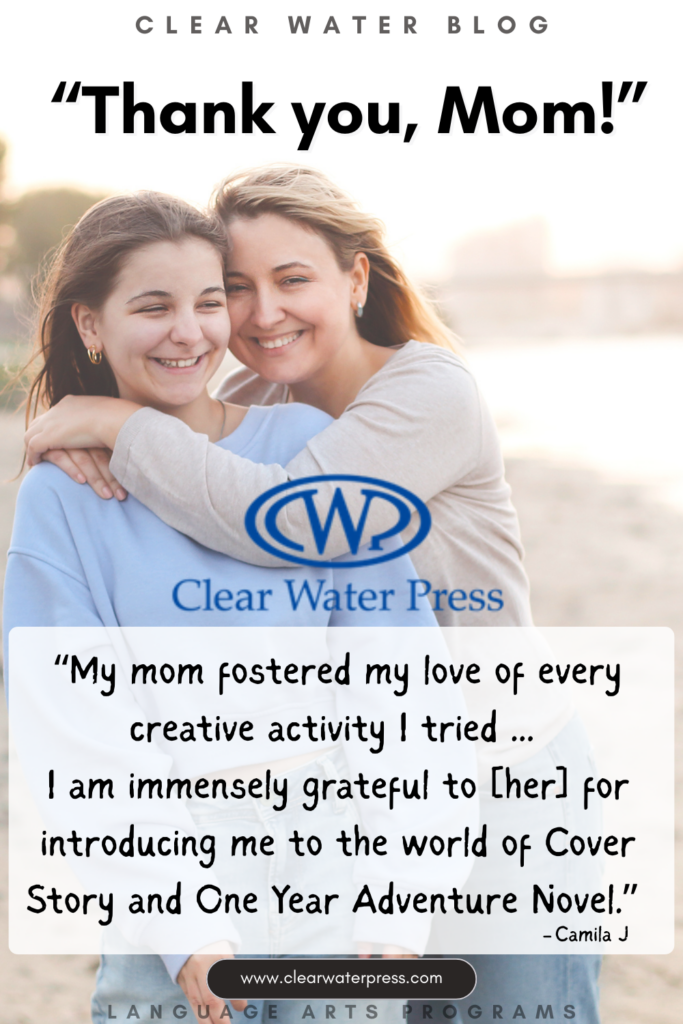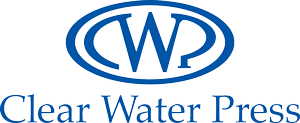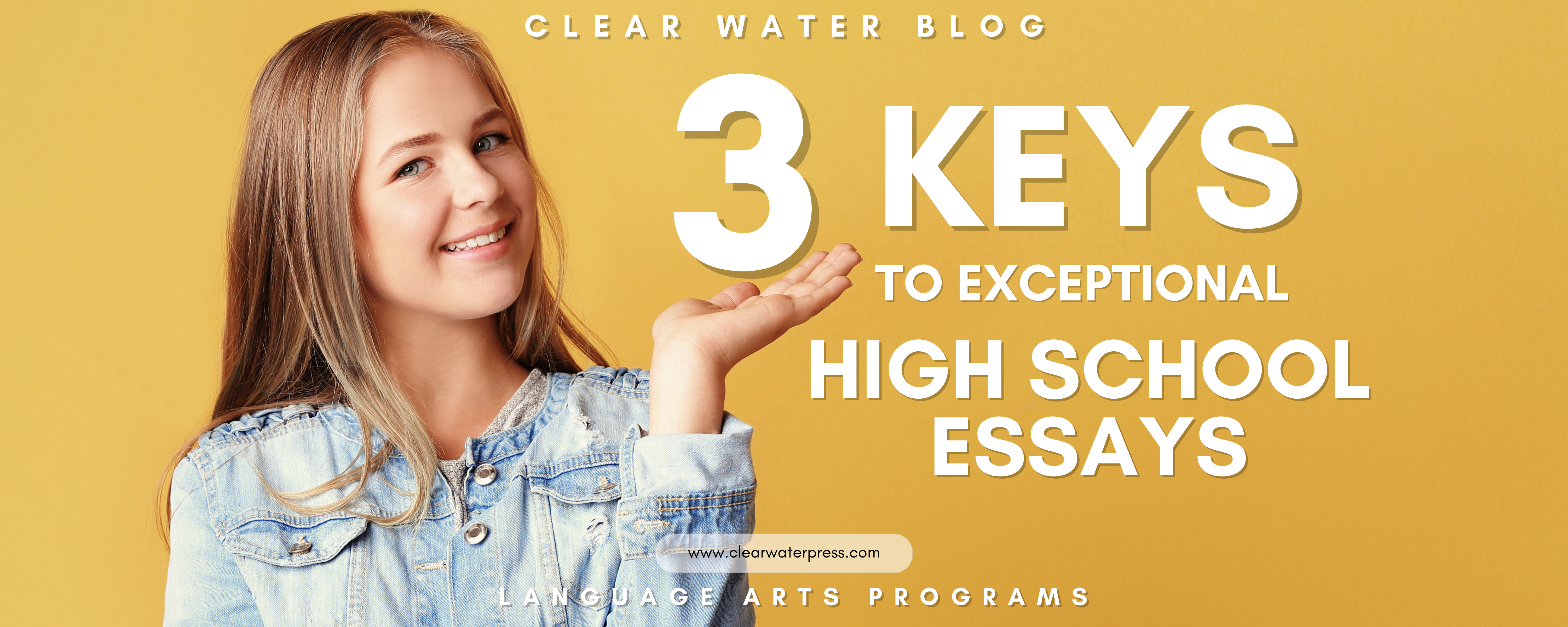
How to Choose a Writing Program for Your Homeschool
What writing program is right for your homeschool? Homeschooling is on the rise and so are an ever-increasing selection of programs for homeschool students. When it comes to writing, which program is right for you?
Here are three things to keep in mind:
- Find a program that is a creative project
- Give your student ownership
- Allow your student to communicate what matters
At Clear Water Press, we’ve created 4 game-changing language arts programs for middle and high school students. You’re welcome to check these out here, but that’s not the purpose of this post. Instead, let’s break down the list above to help guide your decision process no matter where you find the best program for your student.
“Writing is easy. You just stare at a blank sheet of paper until drops of blood form on your forehead.” — Gene Fowler
OWNERSHIP & CREATIVE PROJECTS
These two principles go together. We’ll explain why.
The beauty of creative projects is that young writers have ownership. Creative projects with real applications give meaning to the writing that students do. Assignments in our programs aren’t random—and they shouldn’t be in the curriculum you choose. Writing assignments shouldn’t be invested to serve concepts; the concepts and techniques in the program should serve the stories students are telling. That’s what we aim for in our programs.
We also don’t make students write stories we came up with. Students need creative boundaries—no one is inspired by a blank page!—but they need a lot of room within the guidelines.

COMMUNICATE WHAT MATTERS
Students are far more motivated to write when they choose their own subject and goals. Rather than assigning topics a child has no interest in, (“Today we’re going to write a five paragraph theme about mollusks! isn’t that great?”) find a program that allows students the freedom of choosing a theme for their project (we’re biased, but our Cover Story program is a great example of this). This approach allows them to create from passion rather than pressure.
Reluctant writers like to ask, “What’s the point of writing?” Parents and teachers sometimes answer pragmatically, with statements like, “Writing is an extension of thinking,” or “Writing is a skill that will serve you your whole life,” or “Good writing skills will help you get a better job.”
Dr. Daniel Schwabauer, the creator of Clear Water Press, prefers to answer that question with a question: “What do you think the point of writing should be?” Or, to put it another way, “What do you want to write about?”
The question is not whether or not students should be required to write. The question is why they should care. Good writing curriculums turn the question around and allow the student to discover the answer.
The best part? These principles for writing programs work amazingly well with both enthusiastic and reluctant writers (read more about our advice on reluctant writers). We’ve heard wonderful success stories from families with both types of writers.
As you continue researching homeschool writing program options for your student, we hope these guidelines help you make the best selection. Good luck!
Questions about our programs? Shoot us an email at info@clearwaterpress.com




